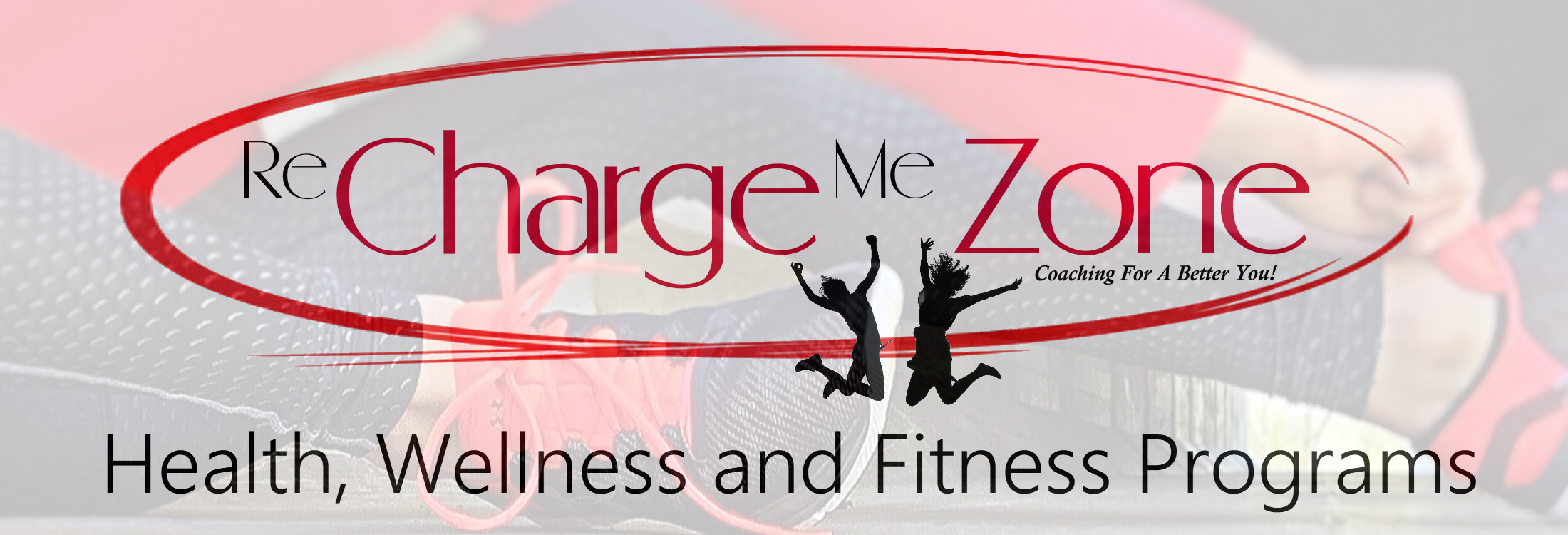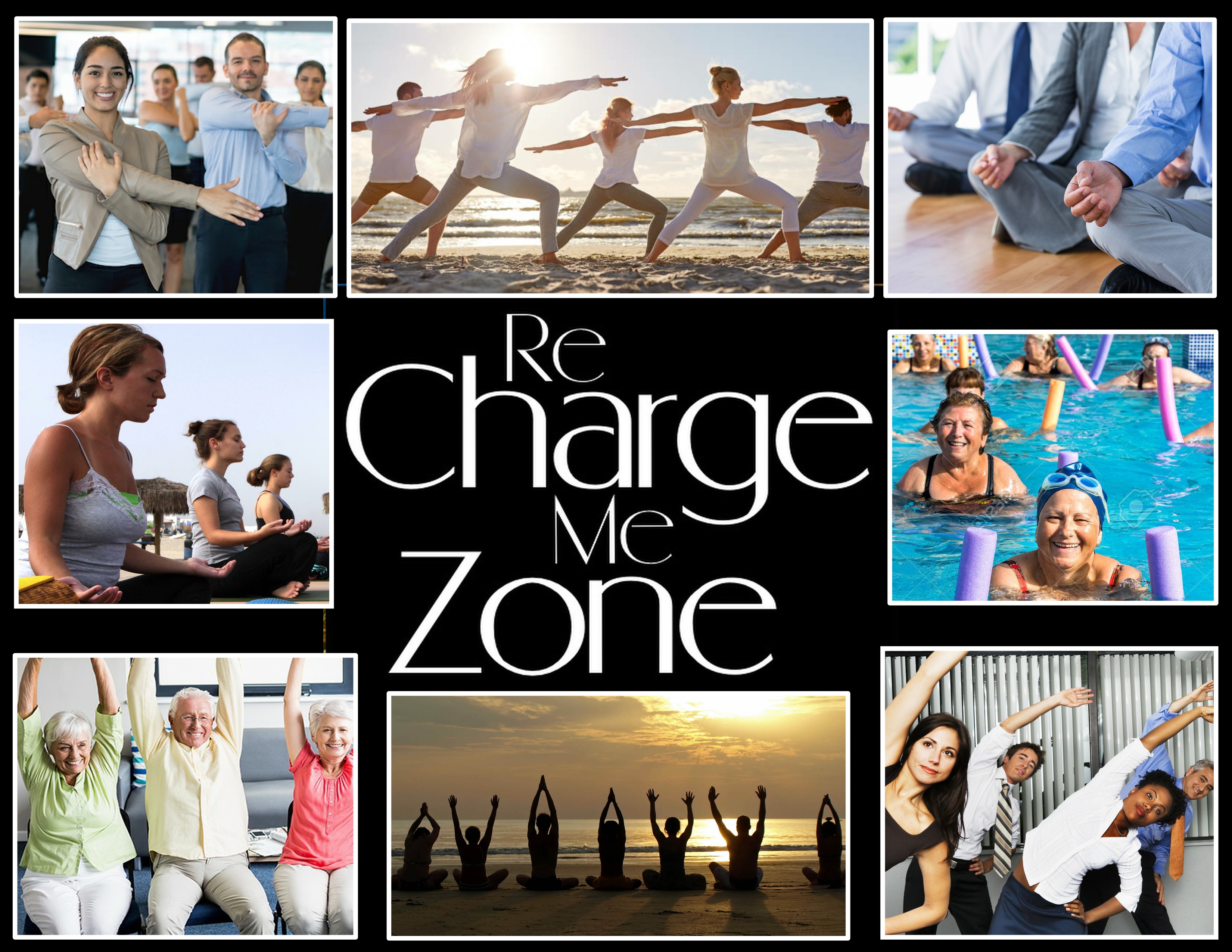During my last trip, for some needed rest and relaxation, I turned the television on. I was shocked! I had forgotten what it was like to listen to advertisements, news, and other information on network and cable television. Years ago, our cable was disconnected because of all the negative information that was on the variety of stations. I was a former news junkie. My career was in the media and the news was the center of everything that was important to the newspapers, television and radio stations. Once 24-hour cable news coverage began in the 1980s, the amount of information and drama intensified and has continued to clamor for audience attention ever since. Today I rarely listen to the news but that doesn’t mean I don’t stay informed. I look at multiple sources but stay away from television sound bites and social media. This brings me to my subject for this writing. How do we make our decisions and why do we believe what we do once we are exposed to information?
Let’s begin with how we make decisions. Here are the basic steps.
We realize we need to make a decision and try to determine what kind of decision needs to be made. Then we begin to gather information that we believe is relevant. Next, we identify what alternatives are available, so we think we have multiple options. We then weigh out those options which lead to a choice, so we are ready to act. Finally, we then review our choice and whatever consequences it may have for us.
Often, our emotions can overpower our rational thinking. Plus, our daily life and habits will influence our decision. Which isn’t a bad thing. Think how exhausting it would be to go through the preceding process for everyday decisions like what to eat or how to drive. When you are in a familiar situation, our decisions are usually automatic based on experience. When we are on unfamiliar ground, we need the ability to think critically without bias. This means getting knowledge that is lacking, with an open mind, rather than going with your gut.
You may believe your decisions are based on reason and wisdom. Not necessarily true. Many decision-making processes are greatly predisposed by our beliefs. Our decisions mostly come from these factors: environmental, situational, experience, education, and personality.
Going back to where I started regarding the media, and its exposure to our thoughts, feelings, and decisions.
Let’s look at the types of media you may be exposed to daily. Some media are well-researched, open-source, and as rare as it is, also unbiased. There is also trendy and fun media. This type is entertaining and wants you to keep returning for more. Think of it as the junk food type of media. Then there is toxic media. It’s unhealthy and can affect your well-being. This type of media is based on fear and can make you anxious or angry.
For years I have called the media “noise”. It doesn’t matter what type of media it is–newspaper, magazine, television, radio, podcast, social media, etc. Like any other noise, you will want to direct and control how it comes into your life.
- Decide what media you will consume. Notice if you are feeling anxious, upset, depressed, or empowered and knowledgeable.
- It is an opinion or fact. Media comes with both. Know your personal values and not be influenced by spin or advertising gimmicks.
- Take time to digest the information. Step away from the information and try to process it and see if it rings true to you.
- Stop taking in negative information. Turn it off or unfollow accounts that send out negative news. You need information and media that energies and informs you instead of draining you.
What are the benefits?
Less stress and worry. More clarity and time. Better sleep. A feeling of control of processing information and less impulsive buying. Possibly more energy.
You may not find it easy. Once you begin to pull away from the noise, and look for factual information, you will be surprised or shocked when you next encounter what you are now thinking of as the norm. There is a time and place for information to come into our lives. The benefits are great when we have control of what we are consuming.
“The effect of the mass media is not to elicit belief but to maintain the apparatus of addiction.” – Christopher Lasch
Robin Anne Griffiths, E-RYT 200, YACEP * Behavioral Change Specialist * Yoga Instructor * Meditation Facilitator * Personal Trainer * Author * Speaker * Helping People On A Journey For Change.


